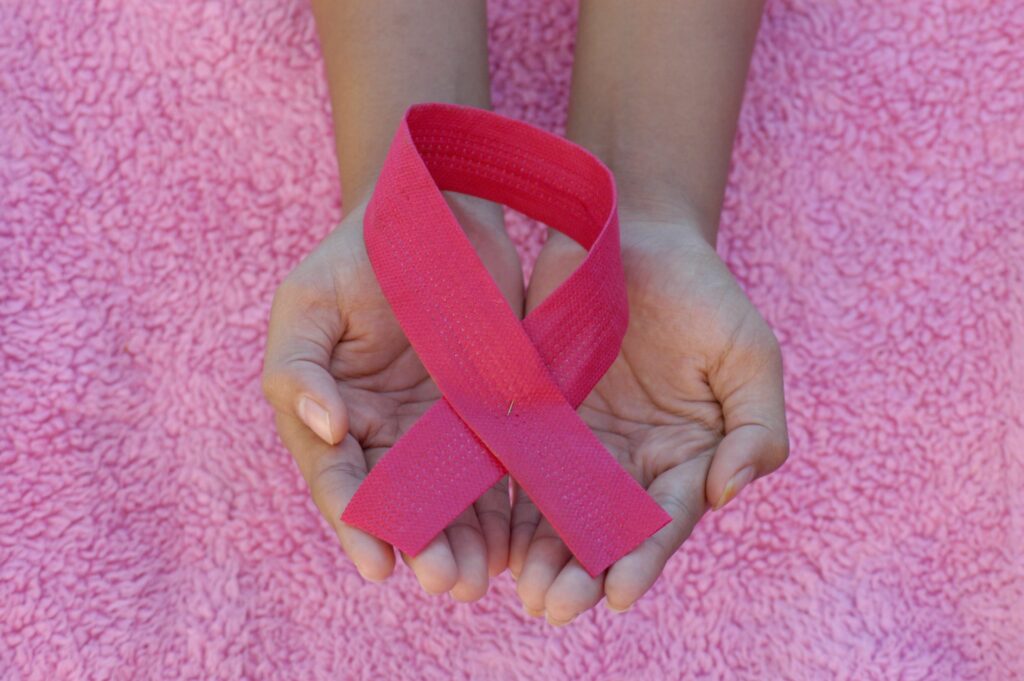Cancer care disparities: A recent report from Cancer Research UK has shown worrying differences in cancer care across the UK. People in poorer areas are dying from cancer at rates nearly 60% higher than those in wealthier regions.
How Socioeconomic Status Affects Cancer Death Rates
Every year, around 28,400 people in the UK die from cancer because of inequality. That’s about three in every 20 cancer deaths. The report says one in ten cancer cases is linked to poverty. Deprivation, measured by income, job status, education, and healthcare access, plays a big role in these numbers.
The biggest difference is seen in lung cancer, which is responsible for almost half of these deaths. Ian Walker, executive director at Cancer Research UK, said the numbers are “shocking and unacceptable.” He believes the differences are caused by higher risks, later diagnoses, and fewer treatment options in poorer areas.
Smoking and Obesity: Major Risk Factors – Cancer care disparities
The main reasons for higher cancer rates in poorer areas are smoking and obesity. Smoking rates are three times higher in the poorest areas of the UK. Nearly 40% of people in these regions are obese. Lack of green spaces and healthy food options make it harder for people to live a healthy life.
These lifestyle factors contribute to higher cancer rates. People in poorer areas also tend to have other health problems, making it harder for them to receive treatment and increasing the chances of death.
Healthcare Access: A Growing Issue – Cancer care disparities
Another problem is the lack of timely healthcare in deprived areas. People in these areas often get diagnosed later, which can limit the success of treatment. Early diagnosis is crucial for survival, yet those in poorer areas often wait longer for a diagnosis.
For example, in England, people from poorer backgrounds can wait over 104 days (about 3.5 months) after an urgent referral. Delayed treatment worsens survival chances. People in these areas also receive fewer treatments, such as chemotherapy and surgery, which reduces their chances of recovery.
The Government Must Act Now
Cancer Research UK is calling on the government to take action. The charity wants more funding for cancer prevention and treatment in areas with the greatest need. This could mean expanding smoking cessation programs and launching lung cancer screening programs across the country.
Ian Walker said, “Beating cancer must mean beating it for everybody.” He believes the government must do more to ensure everyone, no matter their income or where they live, has access to the best possible cancer care.
The Need for Equal Access to Cancer Care
While efforts have been made to improve healthcare access, this report highlights that more work is needed. The gaps in cancer care are mainly due to differences in income and access to healthcare services. To address this, the government needs to provide more equal access to early diagnoses, treatments, and prevention programs.
Besides providing treatments, it’s also important to give everyone the tools to live healthier lives. This includes better education on healthy habits and more affordable healthcare. People need access to healthy food and exercise options, which is harder to find in poorer areas.
A Healthier Future for Everyone
The findings in this report show that cancer care across the UK is unequal. The government must act quickly to close these gaps. All people, regardless of where they live or how much they earn, deserve access to the best cancer care. Closing these gaps will save lives and create a healthier, more equal society.
For more updates on cancer care and health news, visit Euro News 24.
